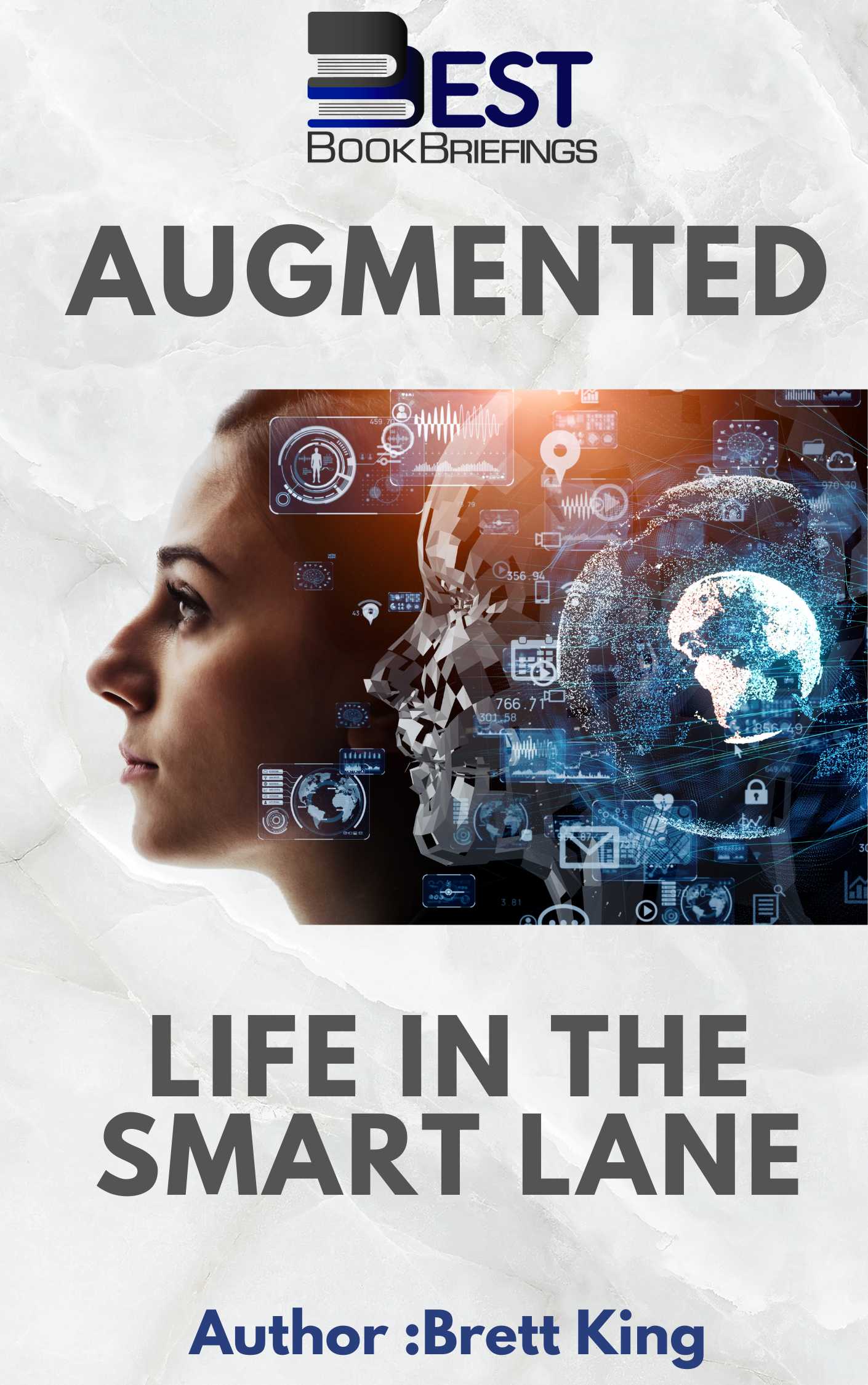Augmented
Life in the Smart Lane
Number of pages: 300
Publisher: Marshall Cavendish International
BBB Library: Technology and Globalization
ISBN: 978-9814634038
Editorial Review
We are closer now to 2030 than we are to the start of the new millennium (2000). The technologies we are exploring today are radically going to redefine the next age of humanity. This next age is called the Augmented Age, because of how radically embedded and personal technology will augment your daily life and your behavior. This time the changes to our world are overtly personal. Augmented is about the world that is coming, the changes society will need to make to adapt to that world but, more importantly, it is about the journey that each of us individually will take to arrive in that future.
Book Reviews
Books on Related Topics
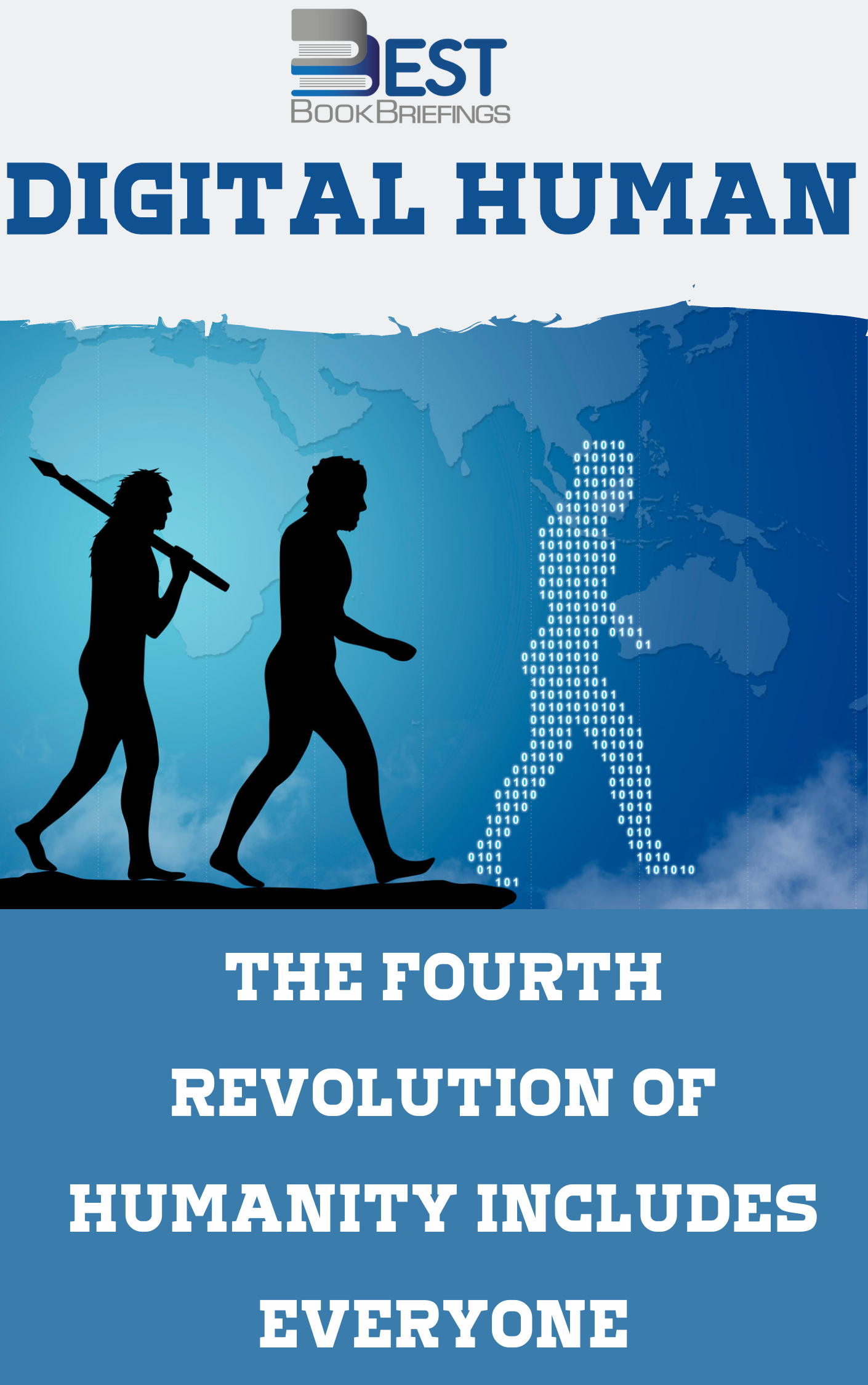
Digital Human is a visionary roadmap for the future, a timely guide on how to navigate the world of finance as we create the next generation of humanity. It explores the digital evolution’s impact and offers clear insights on thriving in this new era. Human and business relationships are evolving, and existing
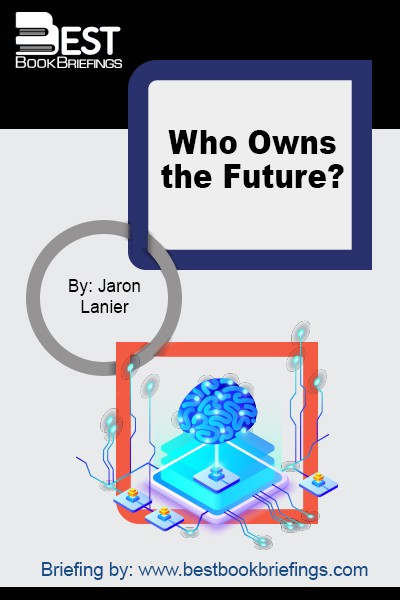
Jaron Lanier is the father of virtual reality and one of the world’s most brilliant thinkers. Who Owns the Future? is his visionary reckoning with the most urgent economic and social trend of our age: the poisonous concentration of money and power in our digital networks.
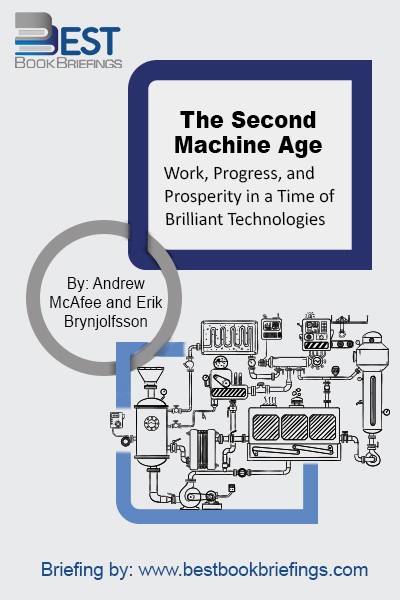
In The Second Machine Age MIT’s Erik Brynjolfsson and Andrew McAfee—two thinkers at the forefront of their field—reveal the forces driving the reinvention of our lives and our economy. As the full impact of digital technologies is felt, we will realize immense bounty in the form of dazzling personal technology, advanced infrastructure, and
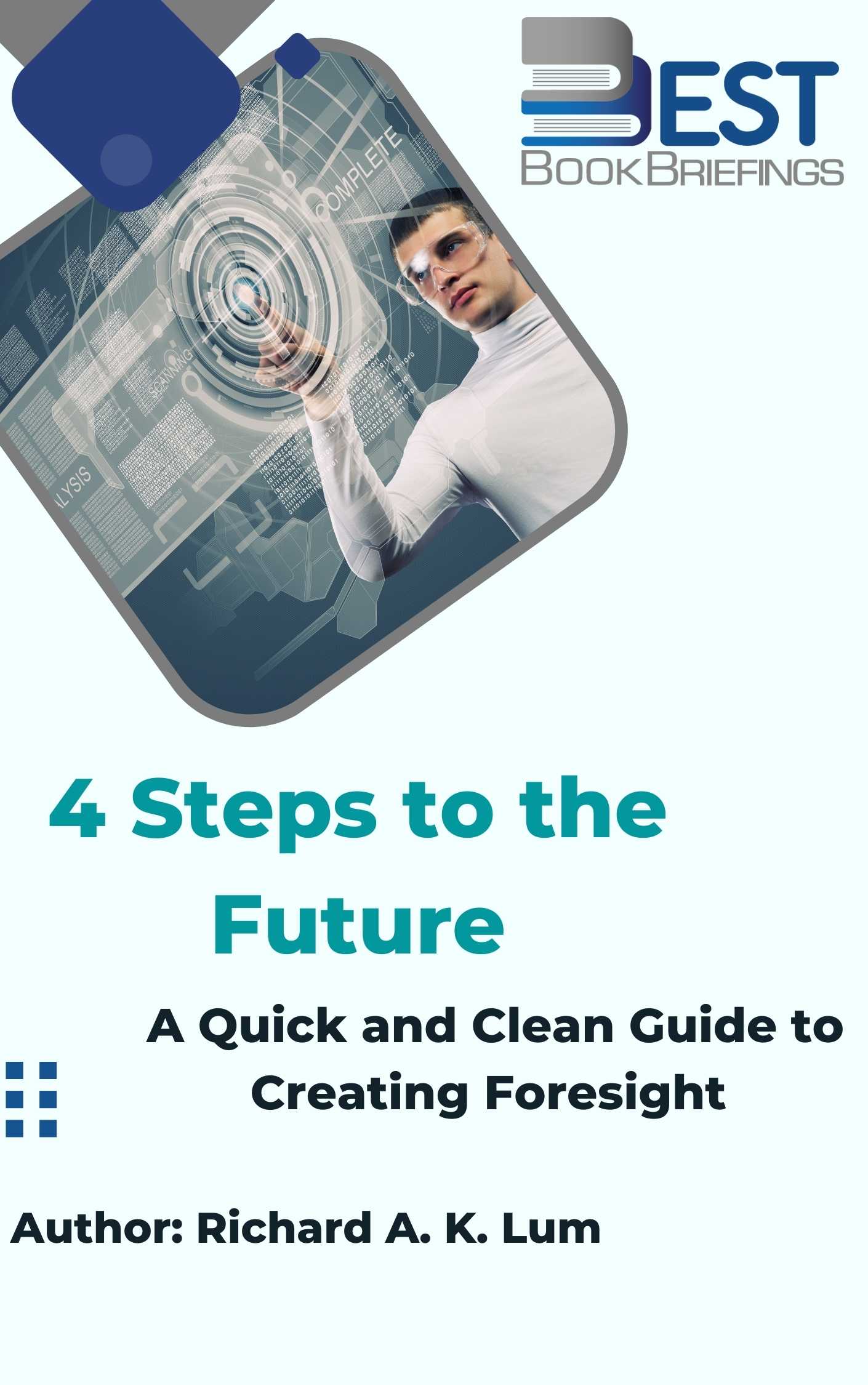
Everyone has a natural instinct to be concerned about the future and virtually everyone at various points and in various ways tries to wrestle with the question, “What will the future bring?” Living in a world of apparently rapid change, we are more concerned than ever with the future. So, let’s
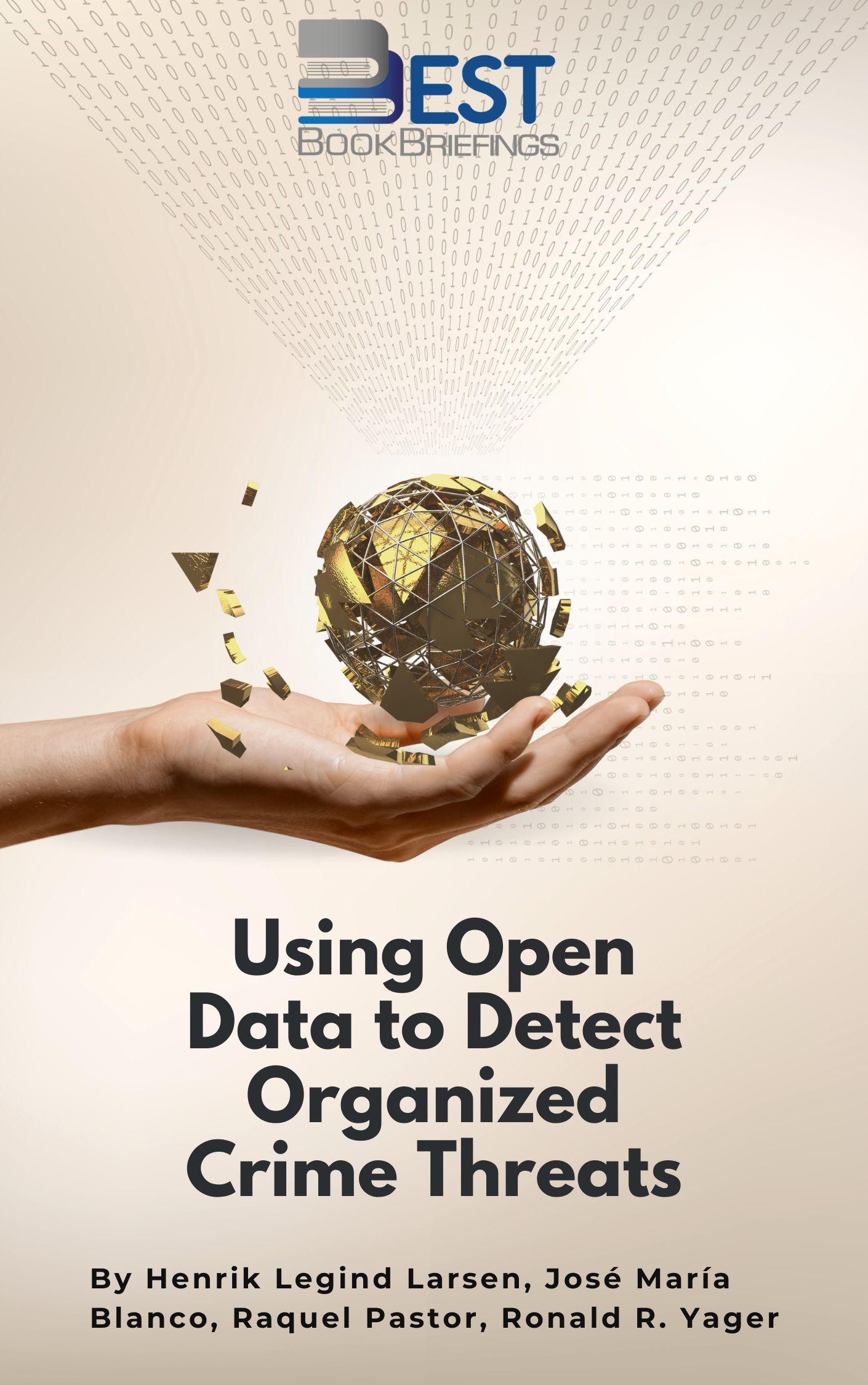
In counter-terrorism and other forms of crime prevention, foresight about potential threats is vitally important and this information is increasingly available via electronic data sources such as social media communications. However, the amount and quality of these sources is varied, and researchers and law enforcement need guidance about when and how

